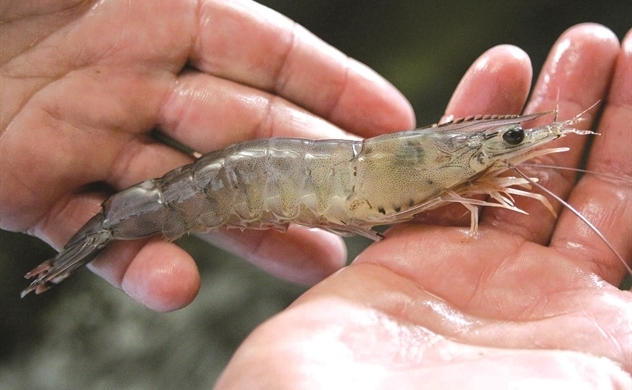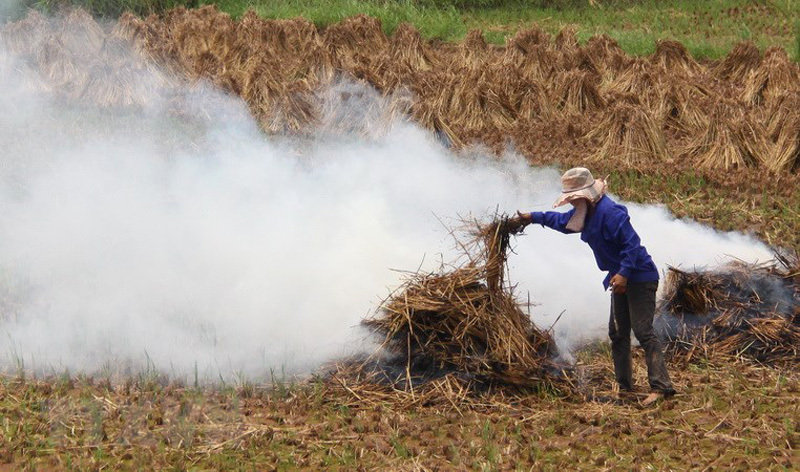Plastic products made of shrimp shells are being used for commercial exploitation. However, in Vietnam, shrimp by-products are thrown away or preliminarily treated (steamed, dried and grinded) to be sold at very low prices.

In other words, a big source of materials for making bioplastics from shrimp shells is being wasted. While domestic materials are abundant, the plastics industry still relies on material imports.
The report presented by the Ministry of Science and Technology at a recent workshop showed that in 2017 Vietnam had 320,000 tons of shrimp by-products, while the figure is expected to increase by 60 percent by 2025.
With shrimp export turnover of $10 billion by 2025, Vietnam would have 500,000 tons of shrimp by-products. These are from the shrimp processing industry, not including shrimp shells from daily food processing.
| A report on plastics and chemicals trade in the first nine months of the year also pointed out that the major problem of the Vietnam’s plastic packaging industry is the lack of domestic raw materials, which has led to a reliance on imports. |
A report on plastics and chemicals trade in the first nine months of the year also pointed out that the major problem of the Vietnam’s plastic packaging industry is the lack of domestic raw materials, which has led to a reliance on imports.
In the first nine months of the year, Vietnam imported 4.7 million tons of materials, worth $6.76 billion, an increase of 16.3 percent in quantity and 2 percent in value compared with the same period last year.
Also according to the report, about 8.2 million tons of plastics are needed a year.
Meanwhile, the operating plants and plants to be put into operation in the near future can provide 2.34 million tons, satisfying 30 percent of the demand by 2023.
In 2018-2022, the demand for plastic materials will increase by 9 percent. The market is estimated to have value of less than $1 billion by 2025. Bioplastics will be a market for Vietnamese enterprises.
Dr J.Carson Meredith from Georgia Technology Institute in he US said the shells should be recycled.
With the formula of combining chitin with cellulose-rich plant hulls, the material he can create shows that it has oxygen waterproof capability 67 percent higher than PET. In theory, the material can keep food fresh for a longer time.
In Vietnam, An Phat Bioplastics is the only company from Vietnam and one of five Asian companies in the Europe Bioplastics Association. The company produces biodegradable bags made from corn starch, 100 percent dissolved in water, CO2 and humus, for farming.
Mai Lan

Trillions of VND of agricultural by-products burnt each year
Vietnam produces 50 tons of crop by-products yearly, but most of it is burned and not used as another resource.
 More than 500,000 tons of by-products in the shrimp processing industry could become a source of bioplastics in the future.
More than 500,000 tons of by-products in the shrimp processing industry could become a source of bioplastics in the future.